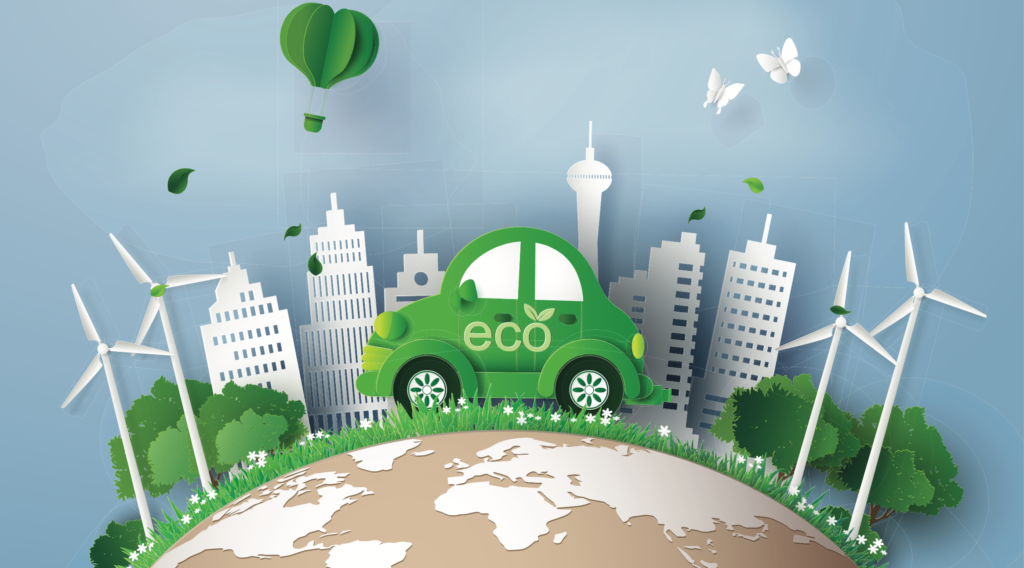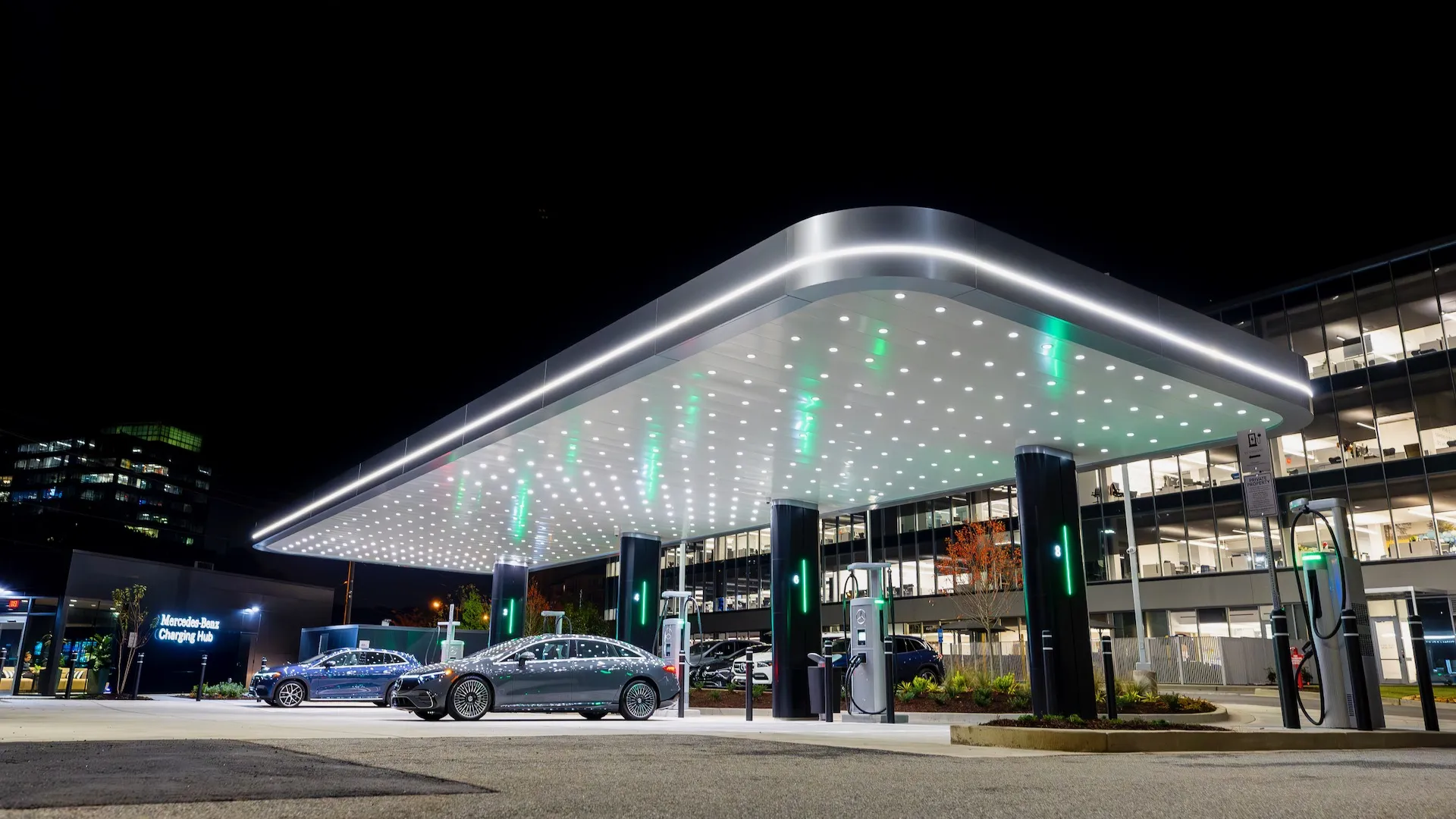Future of Electric Two-Wheelers
Author- MS Chugh, Founder & Chairman of Aponyx Electric Vehicles
India, a land of diverse landscapes and growing urbanization, is witnessing a profound transformation in its transportation sector. The electric two-wheeler market is at the forefront of this revolution, with remarkable growth projected in the coming years. According to a comprehensive report by TechSci Research titled “India Electric Two-Wheeler Market – Industry Size, Share, Trends, Competition, Opportunity and Forecast, 2018-2028F,” the market is poised to reach a staggering USD 1,028.04 million by 2028, driven by a remarkable Compound Annual Growth Rate (CAGR) of 29.07%. This growth can be attributed to several key factors and trends that are shaping the electric two-wheeler landscape in India.
Accelerated Adoption and Technological Advancements

India’s growing affinity for electric two-wheelers is underpinned by the rapid adoption of this eco-friendly alternative and the continuous advancements in electric vehicle technology. With an increasing per capita income, citizens are gaining greater purchasing power, making electric two-wheelers more accessible. Simultaneously, concerns over rising pollution levels stemming from traditional internal combustion engine (ICE) vehicles have ignited a shift towards cleaner alternatives.
Government Support and Initiatives
To stimulate the widespread adoption of electric two-wheelers, the Indian government has introduced subsidies under the Faster Adoption and Manufacturing of Hybrid and Electric Vehicles (FAME II) initiative. Additionally, various state-level electric vehicle (EV) policies offer incentives and concessions, further incentivizing consumers to go electric.
Investment in Research and Development
Leading companies and emerging players in the Indian electric two-wheeler market are committed to research and development. Their aim is to develop cutting-edge technology and features while ensuring affordability. This approach not only attracts more customers but also fuels innovation in the sector.
Environmental Benefits

One of the most compelling drivers behind the adoption of electric two-wheelers is their positive environmental impact. These vehicles significantly reduce air pollution, carbon emissions, and dependence on fossil fuels. They also require less maintenance due to their fewer moving parts, resulting in lower operating costs compared to traditional ICE vehicles.
Overcoming Challenges
Despite the promising growth, the electric two-wheeler market faces several challenges. These include a lack of charging infrastructure, low awareness among consumers, and the relatively high initial costs of electric vehicles. However, with expanding charging infrastructure, increasing awareness, and innovative financing options, these challenges are gradually being addressed.
The Impact of COVID-19
The COVID-19 pandemic disrupted global supply chains and production, impacting two-wheeler production in India. Additionally, the higher upfront cost of electric vehicles compared to traditional vehicles has made consumers cautious. However, the market has shown resilience, with growth witnessed in 2022 and a projected CAGR of 27.62% in terms of volume through 2028.
The electric two-wheeler market in India is on an upward trajectory, driven by factors such as government support, environmental awareness, technological advancements, and increasing disposable income. While challenges persist, the market is resilient and adaptive, poised to play a pivotal role in transforming India’s transportation landscape. As we look ahead, electric two-wheelers represent not just a mode of transport but a commitment to a cleaner, greener, and more sustainable future for India.
Read More:- World EV Day and the Future of Sustainable Mobility










